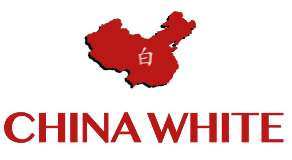Dr. Shanshan Lan presented a paper “Precarious whiteness and circumscribed whiteness in China’s ESL industry” in the 20th Nordic Migration research conference & 17th ETMU online conference, organized by the University of Helsinki, 11-14 January 2021.
The rise of China’s economy has attracted an increasing number of middle- and lower-stratum of white migrants to the country, in addition to the so called transnational elites. The most visible group is foreign English teachers. The diversification of jobs in China’s booming ESL industry reflects the racialization of different groups of English teachers, with whites at the top and blacks at the bottom. However, a change in China’s visa policy in 2016 has created a cleavage in white identities by making distinctions between native English speaker teachers and non-native English speaker teachers. Based on ethnographic fieldwork in Beijing and Xi’an, this research finds that changing state immigration policy helped produce legal and financial precariousness among white ESL teachers who are non-native English speakers. They not only face a hard time obtaining a work visa, but are subjected to exploitation by migration brokers and Chinese employers due to their vulnerable legal status. Within the non-native English speaker category, there is also a hierarchy based on nationality, with those from Western and Northern European countries ranked higher than those from Eastern and Southern European countries. Although white teachers who are native English speakers enjoy more privileges in the work place, they nevertheless embody a form of circumscribed whiteness due to their minority status and their racialization as foreigners and cultural outsiders in relation to local Chinese. The paper argues that the power of hegemonic whiteness has been significantly undermined in the context of transnational migration, to the extent that white identities becomes fragmented, destabilized, and commodified in the Chinese context.
